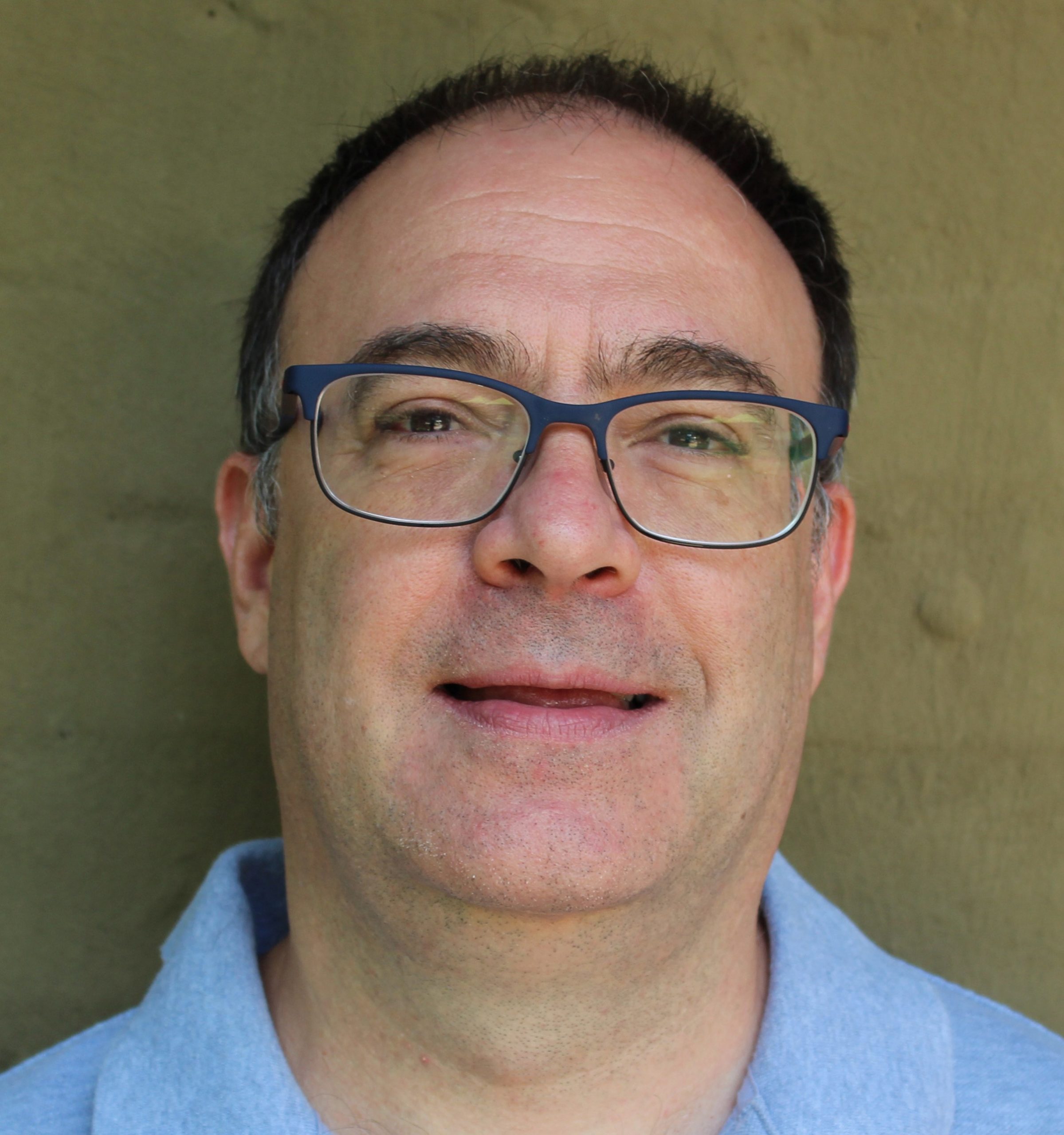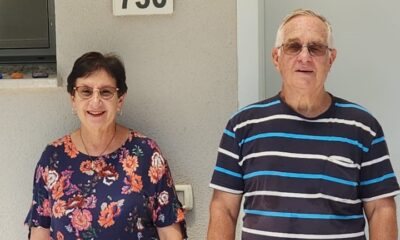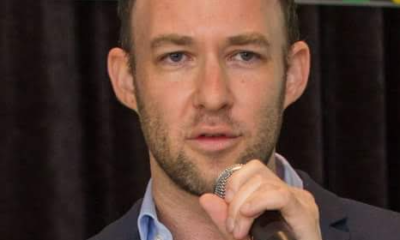
OpEds

What’s behind surge in Cape Town’s anti-Israel protests?
In recent months, the Cape Town Jewish community has been confronted by provocative anti-Israel protests, whereas Johannesburg, with a much larger Jewish community, hasn’t experienced the same degree of protest. What has amplified aggressive demonstrations in Cape Town?
As an example, ugly scenes played out outside the venue for the recent Yom Ha’atzmaut celebrations in Cape Town. A small but noisy group of anti-Israel protesters shouted slogans at patrons through a loudhailer, which included “Cowards!”, “Death to Israel!”, and “One Zionist, one bullet!” Parents had to shield their young children. In a 20-minute video posted on social media, a demonstrator was incredulous about how the government could allow Zionists to exist in South Africa. There was no similar protest at the Johannesburg event.
A few weeks before that, a gathering outside Parliament included the burning of an Israeli flag. The emblems and flags of terrorist organisations Hamas and Hezbollah were on full display. And Hamas and Palestinian Islamic Jihad leaders recently spoke on a webinar held at the University of Cape Town.
“I can’t give an exact reason” for protests being more provocative in Cape Town compared to Johannesburg, said Stephen Goldberg, the Gauteng chairperson of the Community Security Organisation. “I think the relative sizes of the cities, and the Jewish and Muslim communities within them are a factor. Also, Parliament is in Cape Town and Johannesburg isn’t a political capital. Parliament is an obvious public place to go and shout.
“Geography may also be important,” said Goldberg. “In Cape Town, much of the Jewish community is in Sea Point and surrounds – urban areas – whereas in Johannesburg, the community is more widespread in suburban areas. You get different dynamics.
“Everyone has a legitimate right to protest and to free speech except where it incites hatred and violence. ‘One Zionist, one bullet’ isn’t a far stretch to calling for Jewish people to be killed, and therefore is completely unacceptable,” said Goldberg.
Professor Hussein Solomon, a terrorism expert at the University of the Free State, has received death threats from Muslims in Cape Town for his perceived pro-Israel research and opinions. “You would expect people in Cape Town to be more rustig (relaxed and laid back), but this is not the case,” he told the SA Jewish Report. “It’s interesting that radical groups like Pagad (People Against Gangsterism and Drugs) that were active in the Cape Flats in the 1990s tried to open ‘branches’ elsewhere, but didn’t get much traction at the time.”
Jasmine Opperman, a consultant on extremist violence in South Africa, countered that the history of Pagad in the Western Cape “shows the internationalisation of Islamist ideology and extremism. These historical roots are still at play. So, the use of aggressive engagement isn’t unfamiliar in the Western Cape. It still has to show that face in Johannesburg.”
Opperman noted that many activists are students, who spend hours being radicalised on platforms like YouTube and TikTok where malign actors like Iran, Hezbollah, Hamas, Islamic State, and Lebanon all have a significant presence. “These are the voices that find more audience in Cape Town.”
Solomon said that protests can revolve around the charisma of leaders and their ability to organise and draw a crowd. “If you have a firebrand who can stoke people up from the community, that makes a difference. It depends on who is active. I have no doubt there is radicalisation in all of South Africa’s big cities. Islamic State cells have been discovered in Mayfair in Johannesburg and in Durban.”
He said having such a right-wing government in Israel perhaps makes it an easier target, and helps stoke radicalism and extremism.
It’s also a fact that demonstrations increase in size and intensity when the security situation in Israel deteriorates. There are often spikes in protests in South Africa when Israeli forces strike Gaza or Lebanon, for instance, in response to terror attacks or rocket launches.
A member of a Jewish communal organisation who requested anonymity said it’s important to understand the links between South African anti-Israel groups and Iran, which is known to support these organisations around the world. This person also noted that there has been a split in the anti-Israel camp in South Africa, with Africa4Palestine having a more Islamist character and closer links to Iran than BDS-SA (Boycott, Divestment, Sanctions South Africa). The person recalled that there had been formidable protests in Johannesburg in years gone by.
“Geography and the zealousness of leadership cannot be discounted,” the person said. “And in the Western Cape, Islamist elements in that community are older and more organised. Politics between the Democratic Alliance-led provincial and local government and the African National Congress which rules nationally must also be factored in.”
Though recent extremist activity has centred on Cape Town, vigilance is required everywhere. Goldberg noted that previous Yom Ha’atzmaut celebrations in Johannesburg have been targeted, and could be targeted again in the future.
- Steven Gruzd is a political analyst at the South African Institute of International Affairs in Johannesburg. He writes in his personal capacity.










